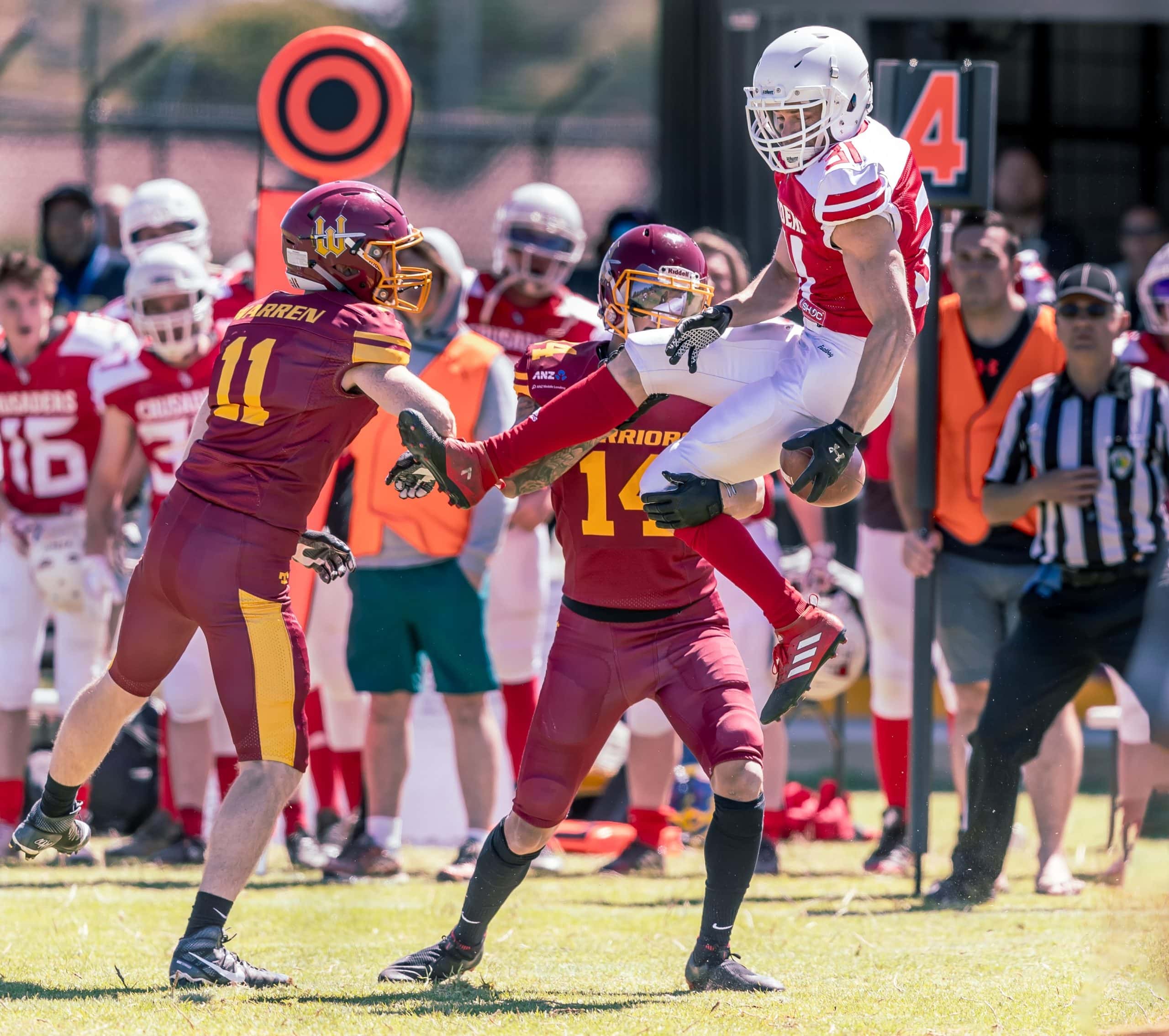The relatively settled state of fantasy sports law was recently interrupted when the Internal Revenue Service (“IRS”) issued an opinion addressing whether it believes that daily fantasy sports is a game of chance or skill.
How will the IRS opinion affect fantasy sports law?
Readers know that fantasy sports contests that strictly comply with technical requirements governing gameplay are exempt from federal gambling prohibitions otherwise imposed by the Unlawful Internet Gaming Enforcement Act (“UIGEA”). In the matter at hand, the IRS undertook an in-depth analysis into whether daily fantasy sports are games of chance or skill as part of an evaluation concerning whether the entry fee paid by a participant in a daily fantasy sports contest constitutes a wagering transaction for tax reporting purposes.
The IRS analyzed the relative skill involved in daily fantasy contests, noting that, as a general rule, “a contest in which a prize is offered based on the mental or physical skill of the contestant” is not considered a game of chance. The IRS concluded that daily fantasy sports contests are similar to poker in that while both games involve some degree of skill, player skill does not ultimately dictate the outcome of either game. The IRS determined that in the case of daily fantasy sports, chance dominates because a participant’s skill in picking a roster has no impact on real-life athletes’ live performance, which are what ultimately determine the outcome of fantasy sports contests. The IRS concluded, therefore, that daily fantasy sports contest entry fees constitute wagers for tax purposes because “there is an uncertain event (such as the live performance of individual players), winnings if the event resolves in participant’s favor, and consideration is lost if the event does not resolve in participant’s favor.”
Impact of the IRS Opinion on Fantasy Sports Law
While protected under UIGEA’s narrowly tailored fantasy sports exemption, the legality of fantasy sports contests is ultimately determined on a state by state basis pursuant to their respective gambling laws. In recent years, states across the country have intervened in this space to either: (i) legalize and regulate fantasy sports contests if they conclude that the games are skill-based; or (ii) ban them as prohibited games of chance. While certainly not a leading authority on gaming-related issues, the IRS and its recent opinion may serve as useful precedent: (i) for states to revisit and reverse their prior determinations that daily fantasy sports are games of skill; or (ii) to underscore previous determinations that fantasy sports contests are games of chance. In order to ensure compliance in this still evolving regulatory climate, it is critical that fantasy sports operators work closely with knowledgeable counsel.
If you are interested in learning more about fantasy sports law or pursuing a fantasy sports venture, please e-mail us at info@kleinmoynihan.com, or call us at (212) 246-0900.
The material contained herein is provided for information purposes only and is not legal advice, nor is it a substitute for obtaining legal advice from an attorney. Each situation is unique, and you should not act or rely on any information contained herein without seeking the advice of an experienced attorney.
Attorney Advertising
Similar Blog Posts:
Important Illinois Fantasy Sports Law Decision
New York Appeals Court Finds Fantasy Sports Law Unconstitutional




